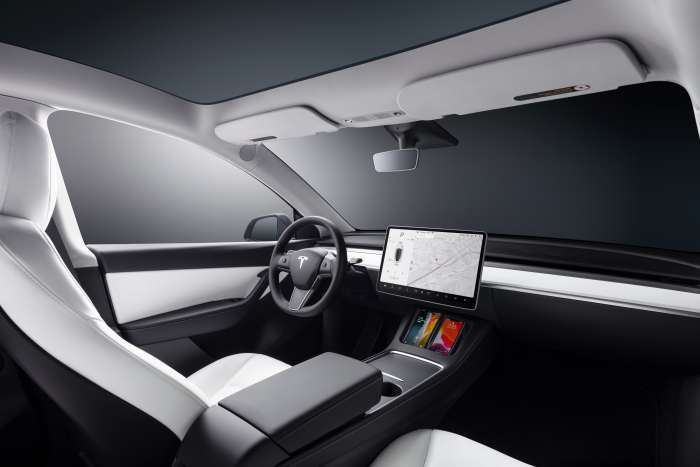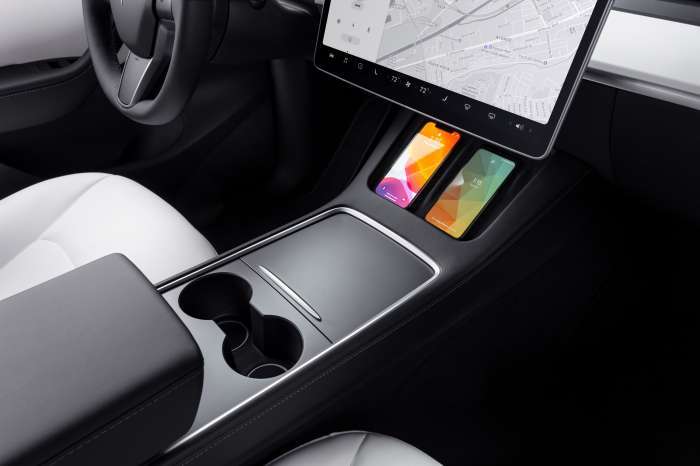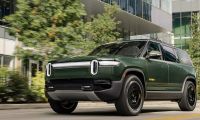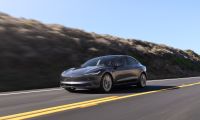This is clearly shown in a “LeasePlan” report, where we can see that electric cars are cheaper in terms of total cost of ownership (CTO) than internal combustion vehicles and by the way, also cheaper than hybrids; that is the case in almost all models on the market, not only in the premium segment.
And this despite having a higher purchase price: analyzing all the associated costs that a car entails - from the purchase cost, the residual value, the operational costs, etc. - it means that even with the current high difference, electric cars are already more profitable.
The report indicates that the models of the segment D2 and SUV-D2, the pure battery electric cars (BEV) have a total cost of ownership of 1,309 euros a month, below diesel cars (1,311 euros) and gasoline cars (1,387 euros), while in the case of conventional hybrid plug-in cars, their TCO is placed even above that of internal combustion engine vehicles (1,515 euros).
With regard to the standard mid-size segment (D2 and SUV-D2) the prices are also similar. In this segment, pure battery electric cars have a total cost of ownership of 1,159 euros per month, and hybrid models 1,178 euros/month; as compared to 1,042 and 1,022 euros/month for diesel and gasoline cars, respectively.

An interesting fact mentioned in the report is that the Tesla Model Y is more affordable than the C-Class (two popular fleet cars) in 18 out of 22 countries of the European Union; both models are comparable in terms of catalogue price, size and specifications, as per the report.
And if these facts are added to the subsidies or tax deductions that in many countries are offered for the purchase of electric cars, either at a national or regional level, the difference in cost of ownership is further reduced, allowing electric cars to be even more competitive than those powered by fuel.
Another interesting piece of information is the one addressing the cost of recharging batteries within the Total Cost of Ownership of an electric car: according to the report, this represents 15% of the total that drivers must pay.
LeasePlan’s 2022 #CarCostIndex reveals #EVs remain the most cost-competitive car choice in MOST European markets despite increasing energy prices For all the #TCO info across all segments & fuel types in 22 countries download the report https://t.co/PjI1nc6ekX pic.twitter.com/fet6UWwXQr
Advertising — LeasePlan (@Leaseplan) December 21, 2022
An expense that is closer to what we could expect from vehicles with internal combustion engines, where fuel accounts for 23% of the price in the case of diesel and 28% in gasoline engines. A situation in which the lower cost of the vehicle helps to reduce differences.
As an example in a specific country, Spain is listed as the seventh cheapest country in Europe for driving an electric car, with a 1,044 euros expense per month; far from the 1,313 euros/month in Switzerland, a country that is the ranking leader in terms of cost. According to the report, the first four years of ownership and an annual average of 30,000 kilometers traveled have been taken as a general reference. At the opposite extreme is Greece, where the cost of using a vehicle amounts to only 905 euros per month.

Again according to the report, the conclusion is that despite the rise in the electricity prices, and even taking into account the more expensive purchase price of electric cars, it is currently more convenient to buy an EV than one with a gasoline or diesel engine - or even a plug-in hybrid - taking into account its total cost of ownership.
Although as always this will also depend on other factors, such as the type of use that is given to the car, the area where it is driven; even personal characteristics of the home where the EV is charged: if there are solar panels, or even if there is garage space and the driver is dependent on of the public charging network; all of which can tip the balance to one side or the other.
Source: leaseplan
All images courtesy of Tesla Inc.
Nico Caballero is the VP of Finance of Cogency Power, specializing in solar energy. He also holds a Diploma in Electric Cars from Delft University of Technology in the Netherlands, and enjoys doing research about Tesla and EV batteries. He can be reached at @NicoTorqueNews on Twitter. Nico covers Tesla and electric vehicle latest happenings at Torque News.
Set as google preferred source











